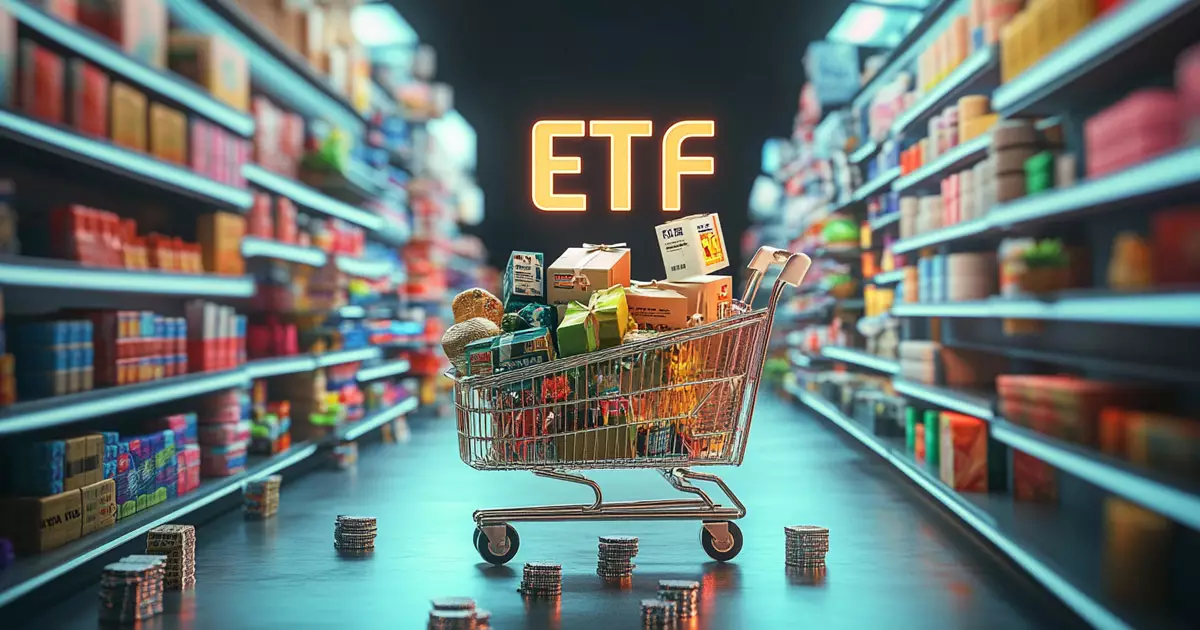The Digital Chamber (TDC) has taken a bold step by urging Congress to pass legislation that would categorize certain non-fungible tokens (NFTs) as consumer goods rather than financial products. This move comes in response to the Securities and Exchange Commission’s (SEC) recent enforcement actions, particularly towards NFT marketplace OpenSea. TDC argues that NFTs designed for personal use, such as digital art, collectibles, and in-game assets, should not be subject to federal securities laws. Instead, they should be treated similarly to traditional consumer goods.
The SEC’s crackdown on NFT platforms, including legal actions against companies like DraftKings and Dapper Labs, has sparked concerns within the digital asset industry. The regulatory overreach is seen as a potential obstacle to innovation and growth in the NFT space. The enforcement measures taken against OpenSea, a prominent player in the NFT market, have only added to these worries. The Digital Chamber has criticized SEC Chair Gary Gensler’s approach, stating that it puts many individuals depending on NFTs at risk, affecting both their passions and businesses.
The lack of legislative clarity surrounding NFTs has far-reaching consequences. The Digital Chamber warns that the ambiguity could drive NFT creators and businesses to seek more favorable regulatory environments overseas. The uncertainty surrounding the classification of NFTs as financial products or consumer goods creates an environment of unpredictability, which is detrimental to the industry as a whole. TDC emphasizes the importance of Congress taking action to provide clear guidelines on the treatment of consumptive-use NFTs, highlighting the potential negative impact on the U.S. economy if the issue remains unresolved.
The debate over the classification of NFTs highlights the broader challenges of regulating emerging technologies in the digital age. The push for legislation to define NFTs as consumer goods reflects the industry’s desire for legal clarity and regulatory certainty. As the NFT market continues to evolve and expand, it is crucial for policymakers to strike a balance between investor protection and fostering innovation. The decisions made now will shape the future of the NFT industry and its role in the global economy.

